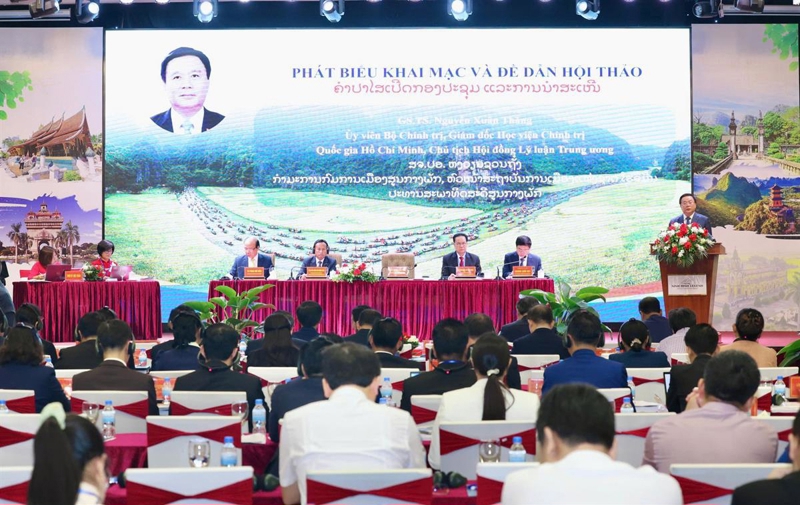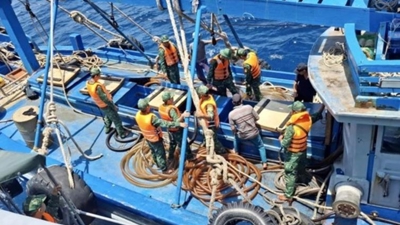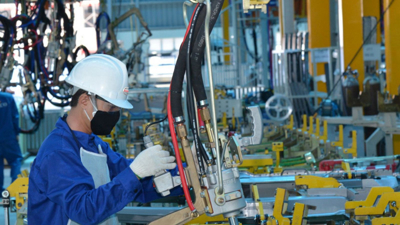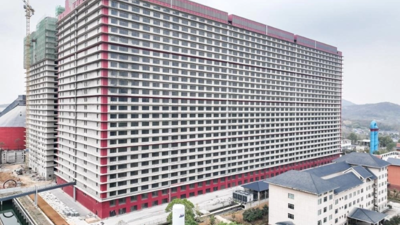Vietnam and Laos share experiences in developing a heritage-based economy
The seminar put forward several key policy recommendations including establishing a comprehensive legal framework for the heritage economy.

The heritage economy is a unique field that demands a harmonious balance between conservation and development, stated Prof. Dr. Nguyen Xuan Thang, Politburo member and President of the Ho Chi Minh National Academy of Politics.
Speaking at the international scientific seminar, titled "Developing the Heritage Economy – Experiences of Vietnam and Laos," on July 29, the professor emphasized that the core principle of heritage-based economic development must be community-centric.
He stressed the need for mechanisms that encourage public participation, the enhanced application of digital technology, and expanded international cooperation, including joint human resource training and the development of transnational Vietnam-Laos tours.
Dr. Kongkeo Xaysongkham, President of the Lao National Institute for Economic and Social Sciences, said Laos is facing numerous challenges in developing its heritage economy.
These include the rapid evolution of intangible cultural elements, conflicts between conservation and development goals, and a shortage of specialized human resources.
He expressed his hope that the seminar would provide valuable lessons from Vietnam's experience in building effective institutions, policies, and practical models.
The seminar featured nearly 40 research papers and 16 expert presentations. Discussions centered on three main themes: proactive conservation policies linked to sustainable heritage-based economic development; inter-sectoral, inter-regional, and international collaboration in leveraging heritage assets; and applying technology to foster innovation and develop new heritage tourism products.
Based on the presentations and panel discussions, the seminar put forward several key policy recommendations. These include establishing a comprehensive legal framework for the heritage economy, clearly defining the rights and responsibilities of stakeholders across the value chain, and integrating heritage-based economic growth into socio-economic planning at all levels.
Further suggestions involved diversifying tourism products, accelerating digital transformation, investing in high-quality human resource training, and strengthening educational ties between the two nations.
Additionally, the seminar underscored the importance of mobilizing diverse financial resources and enhancing bilateral and multilateral cooperation in culture and tourism. It highlighted the need to expand partnerships with international organizations and learn from the experiences of other countries to effectively harness heritage for sustainable development.







